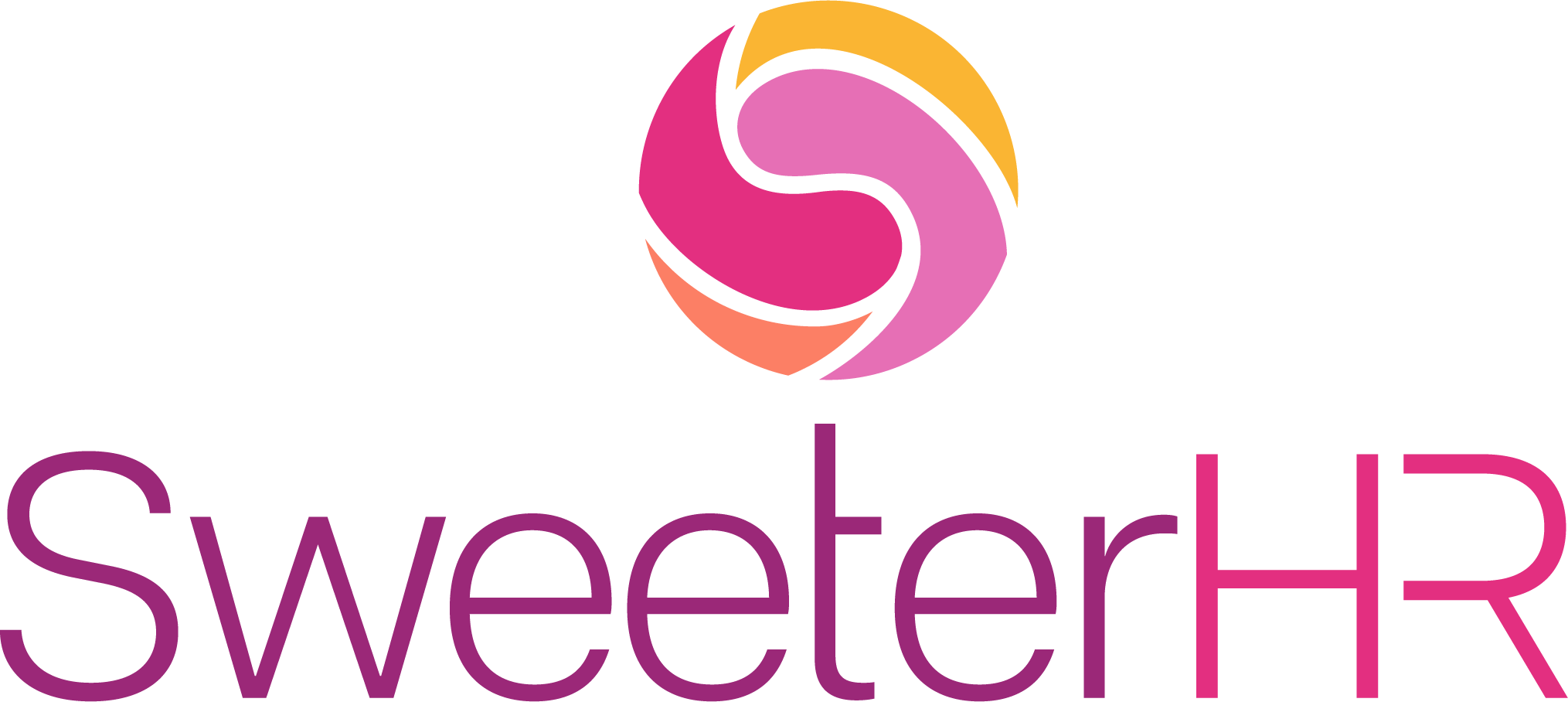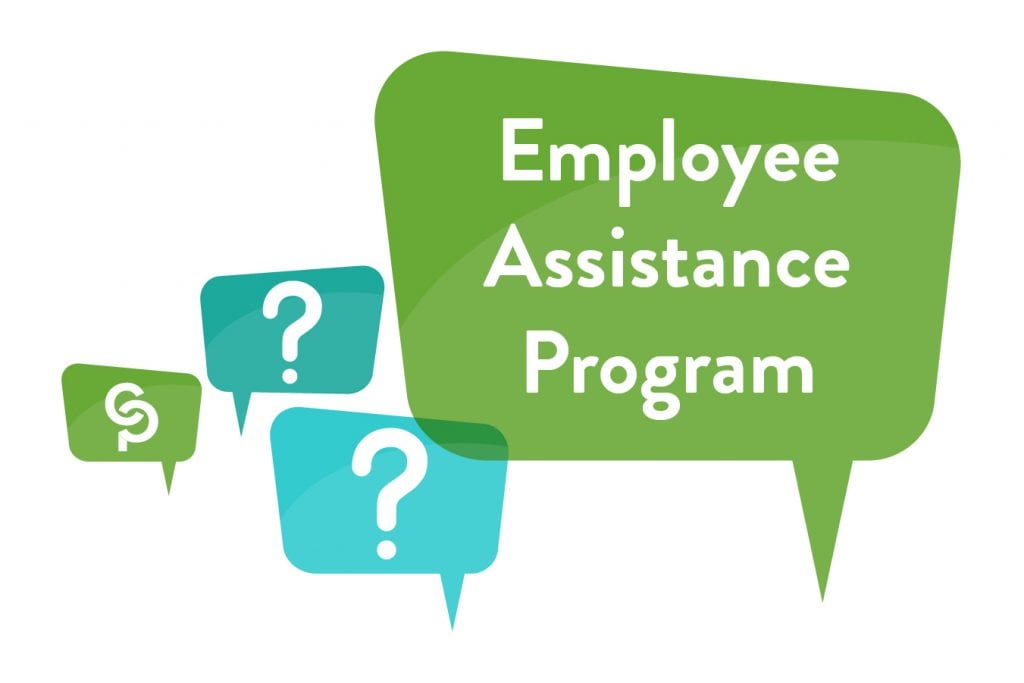There has been an uptick in employees who seek mental health help since the pandemic began. A wonderful benefit program employers can add to their policies, for little cost, is an EAP (employee assistance program). Through EAP’s. employees are able to access a set number of mental health counselor visits for themselves and family members. They are also able to receive help from other providers if they need r different types of counseling. EAP’s are often underutilized programs that can help your employees get the help they need so they can thrive. If you notice an employee struggling or they come to you with statements about their mental health, it is great to have an EAP to guide them to.
CAL/OSHA Enterprise-Wide and Egregious Violations, What Does it Mean?
Governor Newsom just signed into law SB 606. This new law is a significant change to Cal/OSHA. It creates two new categories of violations: Enterprise-wide Violations and Egregious Violations. The law goes into effect January 1, 2022.
This new law creates a presumption that an employer has committed an enterprise-wide violation, or a violation at multiple worksites if Cal/OSHA finds either:
• The employer has a written policy or procedure that violates section 25910 of the Health and Safety Code; or
• Cal/OSHA has evidence of a pattern or practice of the same violation or multiple violations committed by that employer involving more than one of the employer’s worksites.
Cal/OSHA is not required to investigate other sites or observe other violations in order to issue citations. An employer can be cited for worksites that have not been inspected.
Cal/OSHA has also introduced egregious violations that can lead to exponential penalties for employers. According to the new law, each employee who could be exposed to the violation would count as a separate violation for fines and penalties.
Cal/OSHA can find that an employer has committed an “egregious violation” for any of the following:
• The employer, intentionally, through conscious, voluntary action or inaction, made no reasonable effort to eliminate the known violation;
• The violations resulted in worker fatalities, a worksite catastrophe, or a large number of injuries or illnesses;
• The violations resulted in persistently high rates of worker injuries or illnesses; The employer has an extensive history of prior violations;
• The employer has intentionally disregarded their health and safety responsibilities;
• The employer’s conduct, taken as a whole, amounts to clear bad faith in the performance of their duty to provide a safe work environment; or
• The employer has committed a large number of violations so as to undermine significantly the effectiveness of any safety and health program that might be in place.
Additionally, SB 606 provides Cal/OSHA with new subpoena power. The new law provides the agency with the authority to issue a subpoena if the employer or related entity fails to promptly provide the requested information. We suspect this will be used particularly as it relates to COVID19 and COVID19 requirements under CalOSHA’s ETS. If you are not adhering to the guidelines or need to update your COVID19 plan, reach out to us for assistance.
Minimum Wage and Salary Increase
Employers are reminded that on January 1, 2022, California’s minimum wage will increase to $14.00 per hour for employers having 25 or fewer employees and $15.00 per hour for employers with 26 or more employees.
Because the minimum salary threshold for exempt employees is defined as a multiple of the state minimum wage, this minimum wage increase means that the 2022 minimum salary threshold that must be paid to an exempt employee will be $1,120 per week ($58,240 per year) for smaller employers and $1,200 per week ($62,400 per year) for larger employers. Many cities and counties have higher minimum wage rates, but the minimum salary threshold is based exclusively on state law.

